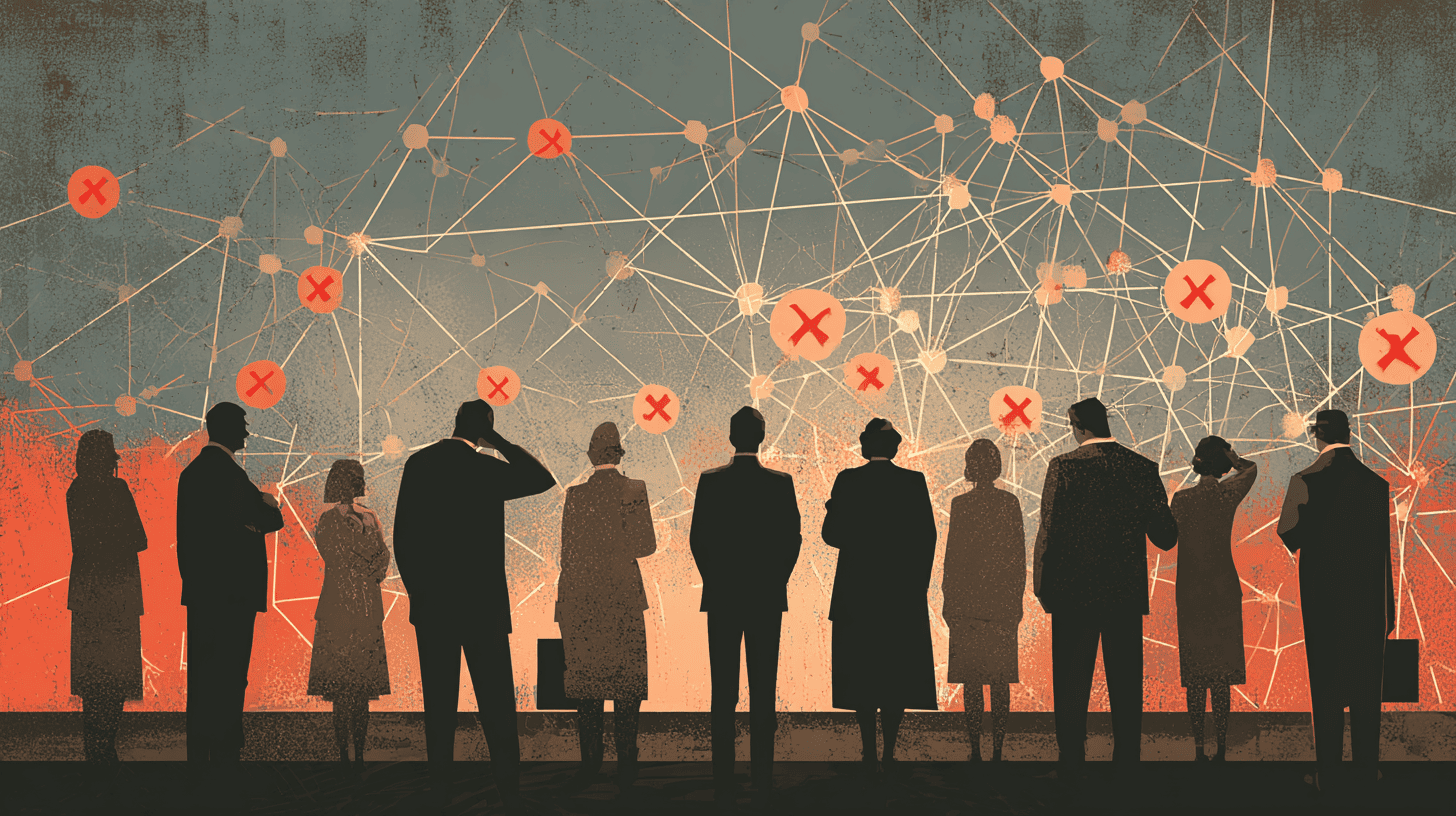A lot of people see the dark web as a mysterious and scary part of the internet where illegal things happen. That’s partly true. But even though governments have put in huge efforts and resources, they still can’t shut it down for good. Why is that? It’s not for lack of trying. The real reason is actually pretty interesting once you understand how the technology works.
First, let’s clear something up. The dark web isn’t one place with an off switch. It’s more like a spider web of thousands of connections between computers around the world. When you use the regular internet, you’re basically leaving a trail of breadcrumbs showing where you went. The dark web uses something called Tor, which bounces your connection through multiple computers around the globe before reaching its destination. It’s like passing a note through twenty different people before it reaches its recipient – by the end, nobody knows who wrote it in the first place.
This technology wasn’t invented by criminals. The U.S. Naval Research Laboratory created it to protect secret communications. Journalists use it to talk to sources in risky places. Activists in strict countries use it to organize safely. Ordinary people in censored countries use it just to get on Facebook or read the news. So, shutting down the dark web wouldn’t just stop criminals. It would also take away a tool that helps many vulnerable people stay safe.

Here’s where it gets really tricky for governments. The dark web doesn’t live in one country. It’s spread across thousands of computers in hundreds of countries, each with its own laws and government. Imagine trying to organize a dinner party where you need permission from 150 different people who all speak different languages and have different schedules. That’s kind of what shutting down the dark web would require. Even if one country manages to take down a bunch of servers, new ones pop up in other countries within hours.
Law enforcement has had some big wins, don’t get me wrong. They’ve taken down major drug marketplaces and arrested people running child exploitation sites. But these successes work by targeting specific criminals and websites, not by shutting down the entire network. It’s like catching individual fish instead of draining the ocean. Every time they shut down one marketplace, two more appear to take its place.
There’s also a technical problem that makes this nearly impossible. The dark web is designed to be resilient. When you create a website on it, that site doesn’t live on just one server somewhere. It’s distributed across multiple computers, and the network automatically routes around any obstacles. If authorities take down one piece, the network adapts and keeps running. It’s like trying to kill a plant by cutting off one leaf – the rest of the plant just keeps growing.
Money is another huge factor. Cryptocurrency made it really easy for people to buy and sell things without banks or governments tracking every transaction. While authorities are getting better at following the money, it’s still way harder than traditional banking. And new privacy-focused cryptocurrencies keep getting developed, making the cat-and-mouse game even more complicated.
Then there’s the basic math of it all. There are millions of people using the dark web, most of them for legitimate reasons, and only so many investigators and tech experts working to police it. The resources just don’t match up. Every hour spent investigating a dark web case is an hour not spent on something else. Governments have to decide where to focus their energy.
Some experts argue that even if governments could shut down the dark web, they probably shouldn’t. Having these activities somewhat contained in one place makes them easier to monitor than if they were scattered across regular social media and encrypted messaging apps. At least now, investigators know where to look.
The truth is, the dark web is probably here to stay. It’s not about whether governments are tough enough or smart enough to shut it down. It’s about the technology’s basic architecture and the realities of enforcing laws across international borders in the digital age. The best strategy seems to be focusing on catching actual criminals who use it to cause harm, while accepting that the network itself isn’t going anywhere.
What we’re really seeing is a fundamental shift in how the internet works. Privacy-protecting technologies are getting stronger and more widespread. That’s good news for people living under authoritarian regimes and bad news for people hoping to control what happens online. Like most technology, it’s neither purely good nor purely evil – it’s just a tool that reflects the messy complexity of the world we live in.
